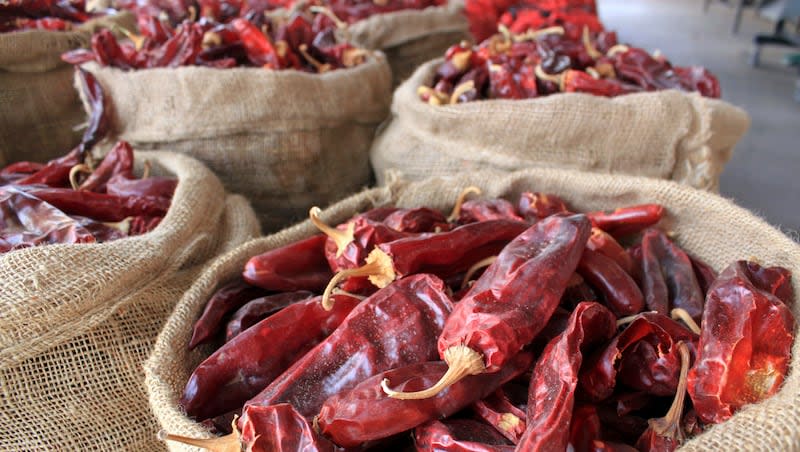This is how our body works when we eat spicy food

Do you remember the first time you had spicy food? There was probably sweating and tongue-burning involved. Maybe by now you’re so used to it that it doesn’t even phase you. Or maybe you still react like that every time.
But have you ever wondered how and why your body reacts the way it does to spicy food? Here’s what you should know.
How your body reacts to spicy food — and why
According to The Washington Post, this is how your body reacts to spicy food:
The burning tongue and mouth
Our tongues have receptors called TRPV1 receptors that lets the brain know when the body is close to something too hot; these same receptors are found on our skin, respiratory system and digestive track.
When we eat chile peppers, these receptors send alarms to the brain. This makes our brains believe that our mouth is on fire.
Saliva to the ... rescue?
To fight the supposed fire in our mouth, the body sends extra saliva to the mouth. Your eyes will also water as if you’re crying and you may have a runny nose.
Meanwhile, your brain is also sending painkiller hormones known as endorphins, which for some people dulls the pain of spicy food. Some people might get a hit of dopamine and feel happy, a mental reward that brings them back to eat more spicy food.
Time to sweat it out
Your body believes that it’s having a heat crisis, so it will try to reduce the fake heat by making you sweat, along with flushed skin around your face.
As the food travels down your throat, you may start coughing because it’s irritating the nerves of the respiratory system. Your blood pressure also rises as your body develops an adrenaline response to the spicy food.
Diarrhea or vomiting might be involved
The stomach doesn’t send a lot of pain signals to the brain like other parts of the body, but if you eat a spicy food you’re not used to normally eating, then you can expect some stomach pain.
If your stomach notices something wrong with the food, it will quickly push it through the body as either diarrhea or vomit.
Is eating spicy food dangerous?
According to Cleveland Clinic, people with gastrointestinal issues who aren’t used to eating spicy food, or whose bodies are just more sensitive to it, are at risk of getting sick from spicy food. Spicy food does not cause ulcers, but those who do have stomach ulcers should avoid eating spicy food.
You can die from eating spicy food. But only if you eat a lot of spicy foods, such as several pounds of peppers, per Cleveland Clinic.
If you want a quick relief from eating spicy food, Cleveland Clinic suggests eating bread or drinking lemonade or milk.

